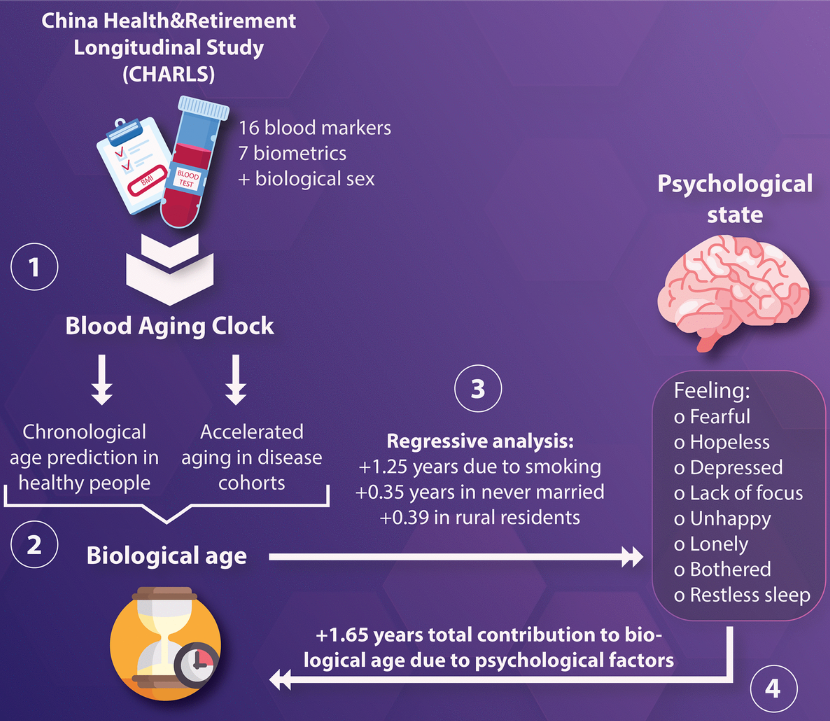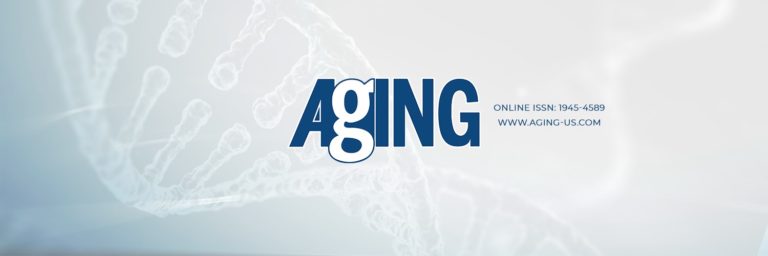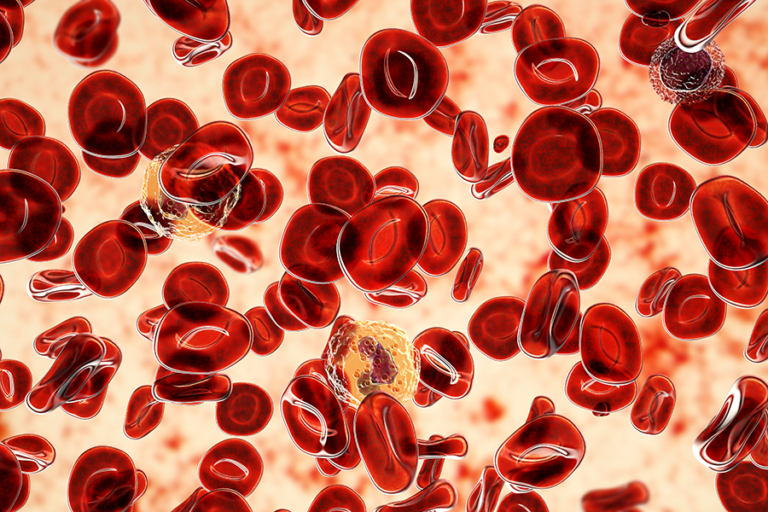Fedor Galkin, Scientific Director at Deep Longevity, Inc. in Hong Kong, discusses a research paper he co-authored that was published by Aging (Aging-US) as the cover for Volume 14, Issue 18, entitled, “Psychological factors substantially contribute to biological aging: evidence from the aging rate in Chinese older adults.”
Behind the Study is a series of transcribed videos from researchers elaborating on their recent studies published by Aging (Aging-US). Visit the Aging (Aging-US) YouTube channel for more insights from outstanding authors.
—
Hi, my name is Fedor Galkin and I am the Scientific Director at Deep Longevity, part of the Endurance RP Fund. We are a Hong Kong-based startup creating anti-aging software, such as aging clocks and recommendation engines. And today, I’m going to talk about our latest publication in Aging-US titled, “Psychological factors substantially contribute to biological aging: evidence from the aging rate in Chinese older adults.”
Since 2020, we have been looking in the direction of psychological aging. There is a significant amount of publications confirming that mental health is one of the key determinants to longevity. Prolonged psychological stress, traumatic experience, and social pressure have all been shown to shape the epigenetic landscape in a fashion similar to aging.
In our study, we wanted to check a few things in the same hypothesis. One, can the aging acceleration effect of one’s mental state be tracked using clinical blood tests rather than epigenetic tests? And two, how strong is this observed effect relative to other factors? To answer these questions, we trained an aging clock on approximately 5,000 blood samples from a Chinese older adult study called “CHARLS.” We then used the available medical history records to demonstrate that this new metric of biological age is more representative of one’s health status than their chronological age.

And finally, this verified biological age measure was approximated as a linear combination of lifestyle factors such as marital status, living area, and most interesting to us, one’s immediate emotional state. The results we obtained showed that many such factors have a significant effect on the pace of aging. For example, married people age significantly slower, and so do happy people or people with a steady sleep schedule. The magnitude of these effects is comparable to the impact of smoking, a well-established pro aging factor.
In our preceding Aging-US article called, “Optimizing future well-being with artificial intelligence: self-organizing maps (SOMs) for the identification of islands of emotional stability,” published this summer, we demonstrated a conceptual approach to mental health applications that leverages AI to increase user retention and provide relatable tips to improve one’s long-term well-being. The research project was implemented as a free web application futurecell.ai. Paired with our latest research article, we are strongly positioned to create a unique platform that may be able to affect one’s physical longevity potential via mental health advice.
We are going to analyze the user-provided data from Future Cell and work with our academic partners to further our understanding of psychological aging and develop new tools to extend the human lifespan.
Big thank you to all my co-authors and colleagues for making this project possible. We will definitely come together soon to deliver a follow-up. Thank you for watching and following our research.
Click here to read the full study published by Aging (Aging-US).
AGING (AGING-US) VIDEOS: YouTube | LabTube | Aging-US.com
—
Aging (Aging-US) is an open-access journal that publishes research papers bi-monthly in all fields of aging research and other topics. These papers are available to read at no cost to readers on Aging-us.com. Open-access journals offer information that has the potential to benefit our societies from the inside out and may be shared with friends, neighbors, colleagues, and other researchers, far and wide.
For media inquiries, please contact media@impactjournals.com.

